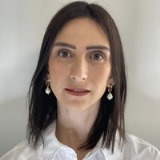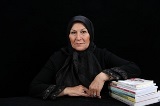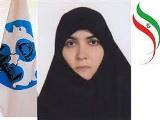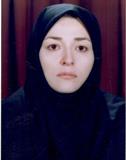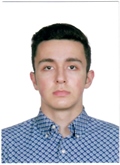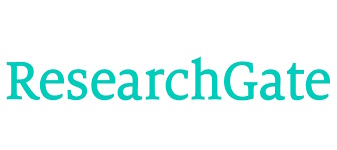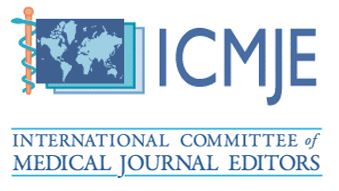Enhancing Emotion Regulation and Psychological Flexibility, and Body Image Concern in Girls with Body Image Dissatisfaction Through Schema Modes Therapy
Keywords:
Schema Modes Therapy, body image dissatisfaction, emotion regulation, psychological flexibility, adolescent girlsAbstract
Objective: This study aimed to evaluate the effectiveness of Schema Modes Therapy on improving emotion regulation, enhancing psychological flexibility, and reducing body image concern among adolescent girls with body image dissatisfaction.
Methods and Materials: A randomized controlled trial design was employed, with 30 female participants aged 18-25 years experiencing body image dissatisfaction. Participants were randomly assigned to either an intervention group receiving Schema Modes Therapy or a control group receiving no treatment. Measures included the Emotion Regulation Questionnaire (ERQ), the Acceptance and Action Questionnaire-II (AAQ-II), and the Body Image Concern Inventory (BICI), administered at baseline, immediately post-intervention, and at a three-month follow-up.
Findings: The intervention group demonstrated significant improvements in all outcomes compared to the control group. Specifically, participants in the Schema Modes Therapy group showed enhanced cognitive reappraisal abilities, decreased expressive suppression, increased psychological flexibility, and reduced body image concern, with sustained effects observed at the three-month follow-up. Repeated measures ANOVA revealed significant time-by-group interactions for all variables, indicating the specific efficacy of the intervention.
Conclusion: Schema Modes Therapy effectively improves emotion regulation, psychological flexibility, and body image concern among adolescent girls with body image dissatisfaction. The findings support the application of Schema Modes Therapy as a viable intervention for addressing complex emotional and cognitive aspects of body image dissatisfaction, advocating for its broader implementation in clinical settings.
Downloads
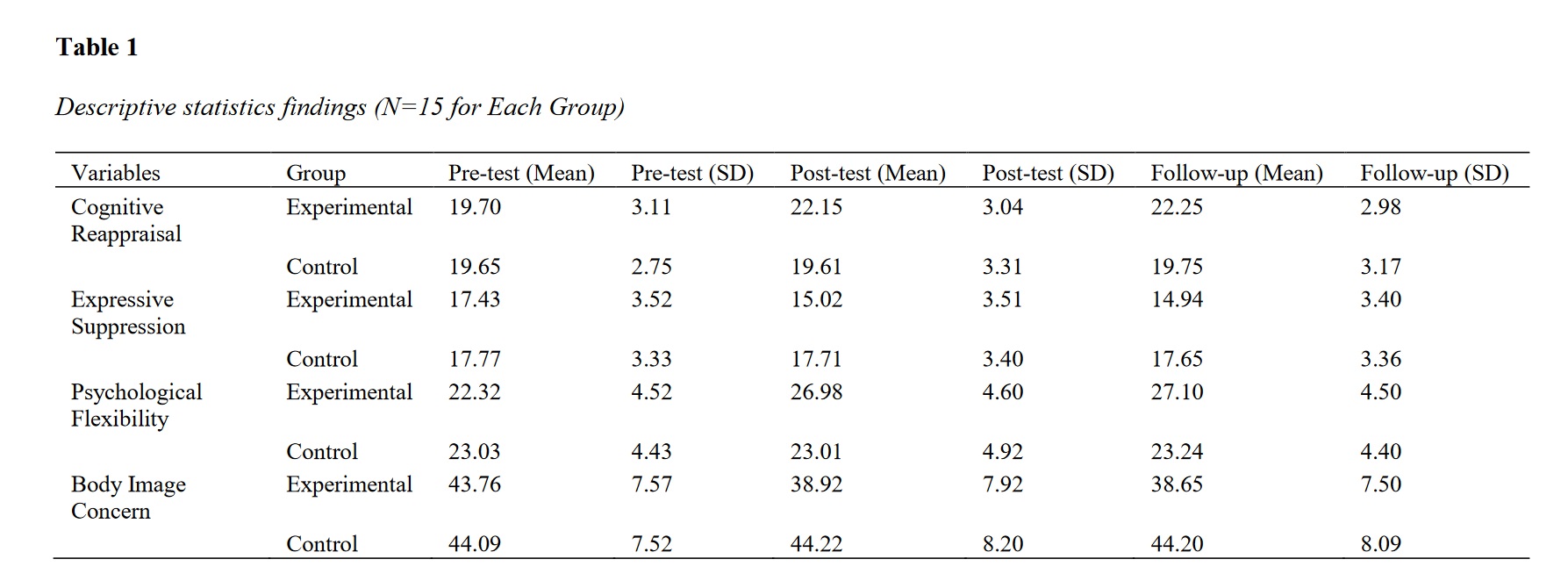
Downloads
Additional Files
Published
Issue
Section
License
Copyright (c) 2024 Roghayeh Sotoudeh Alokandeh (Corresponding Author)

This work is licensed under a Creative Commons Attribution-NonCommercial 4.0 International License.













